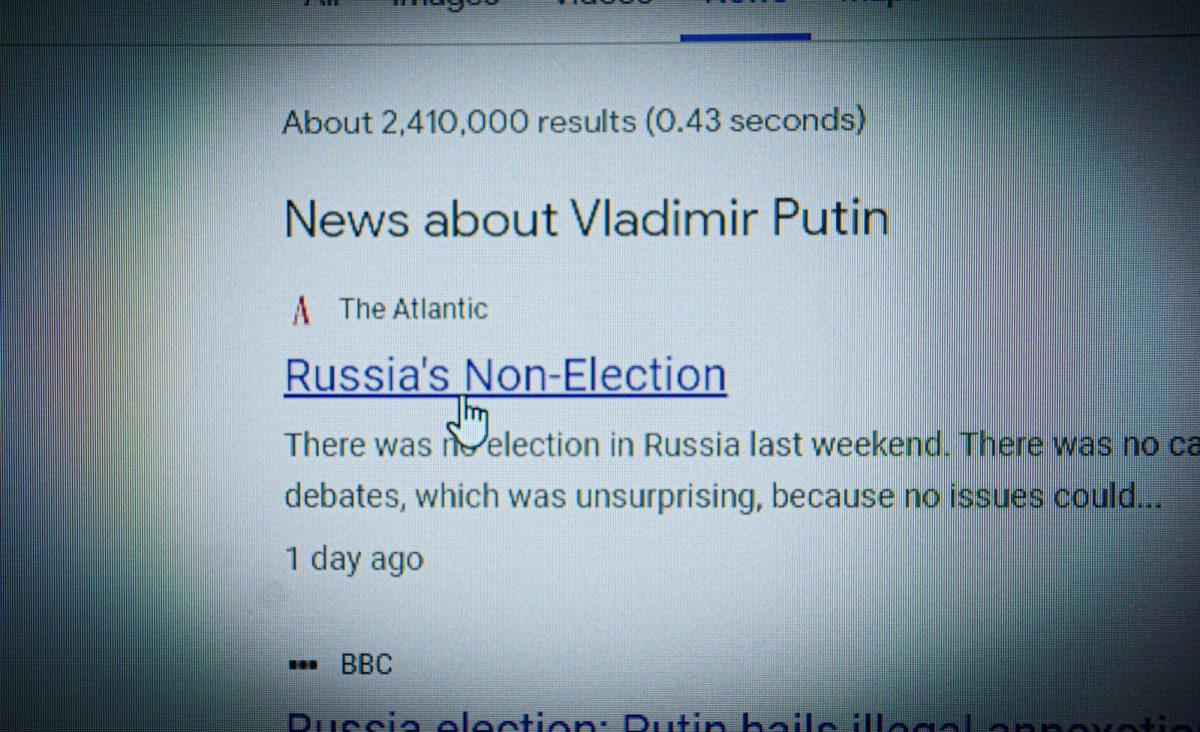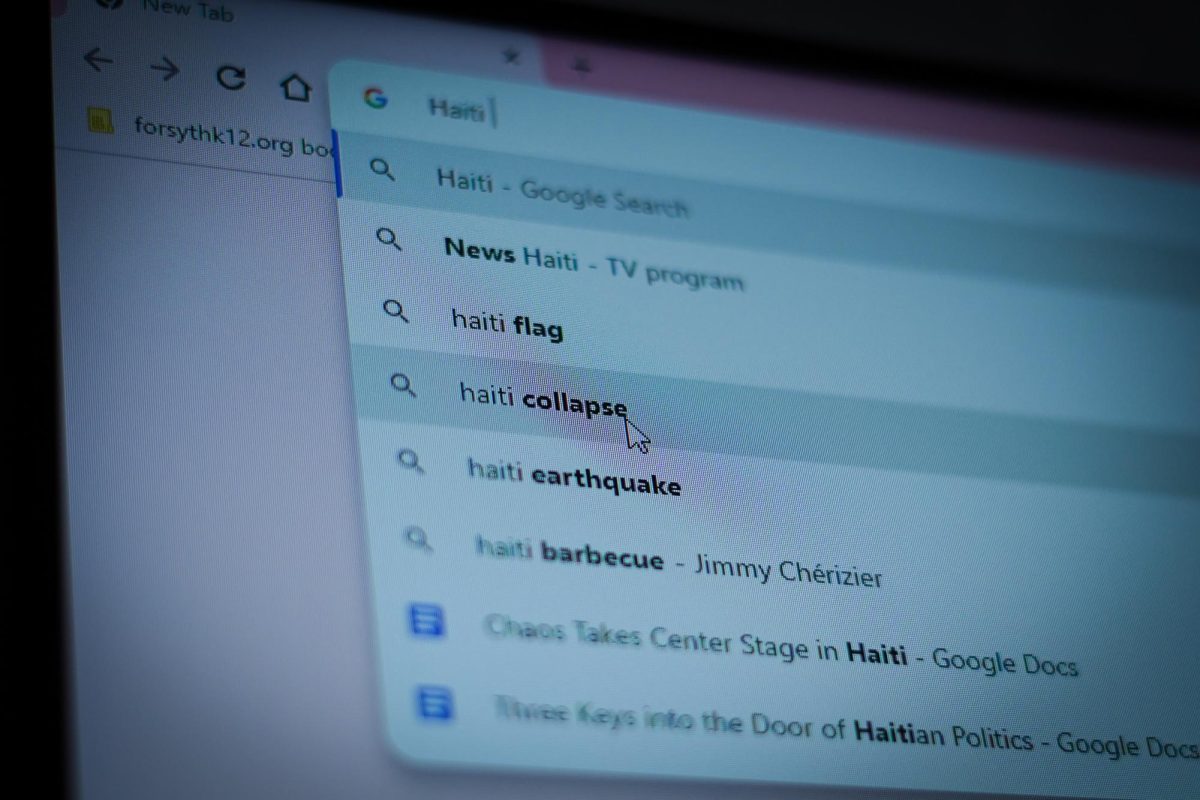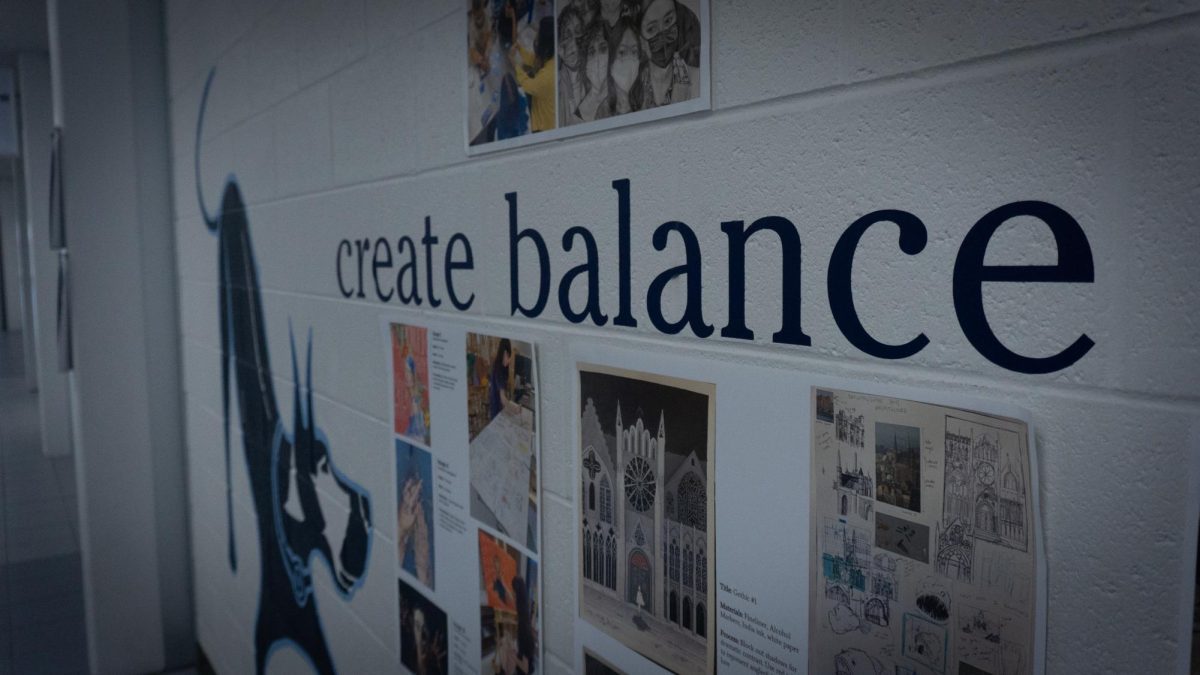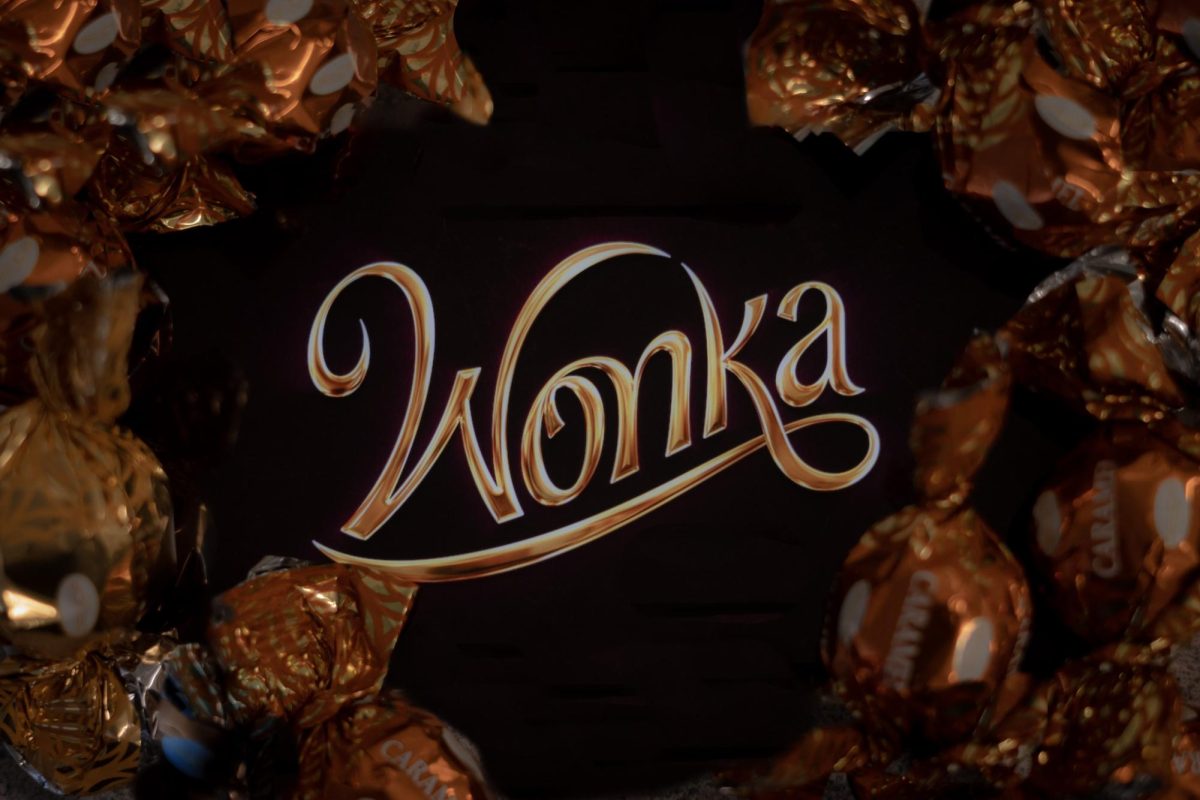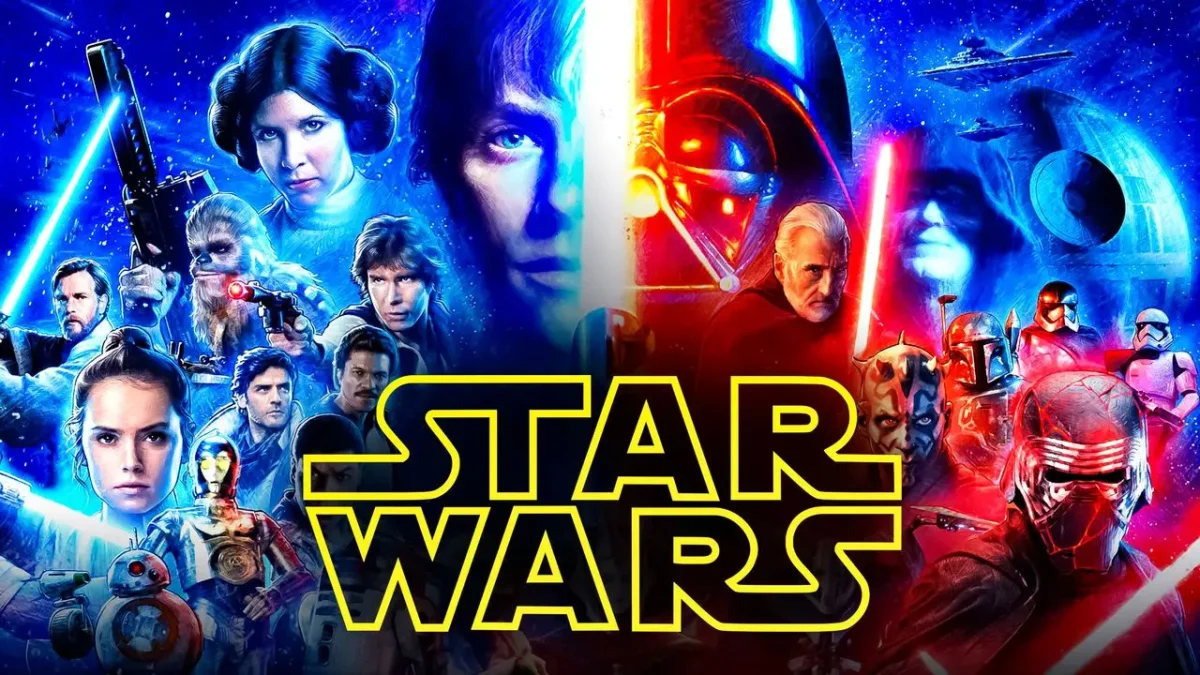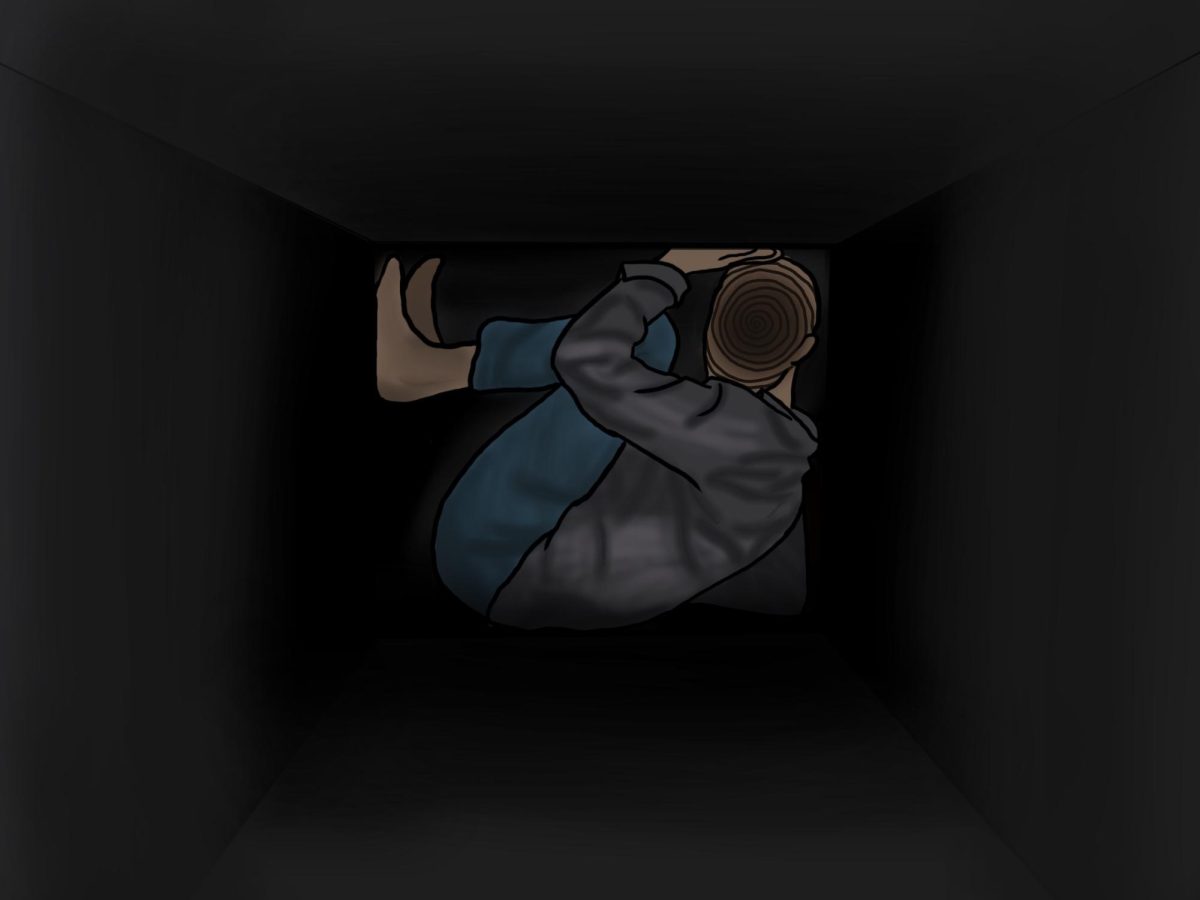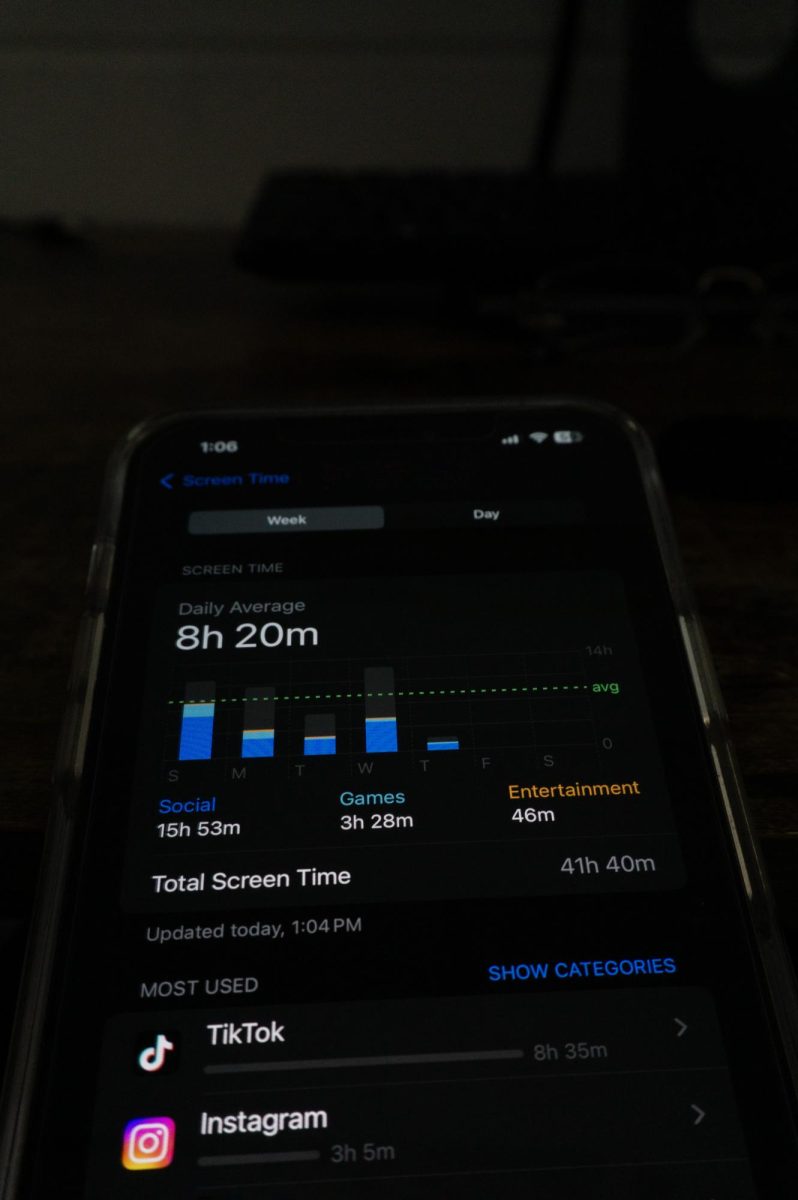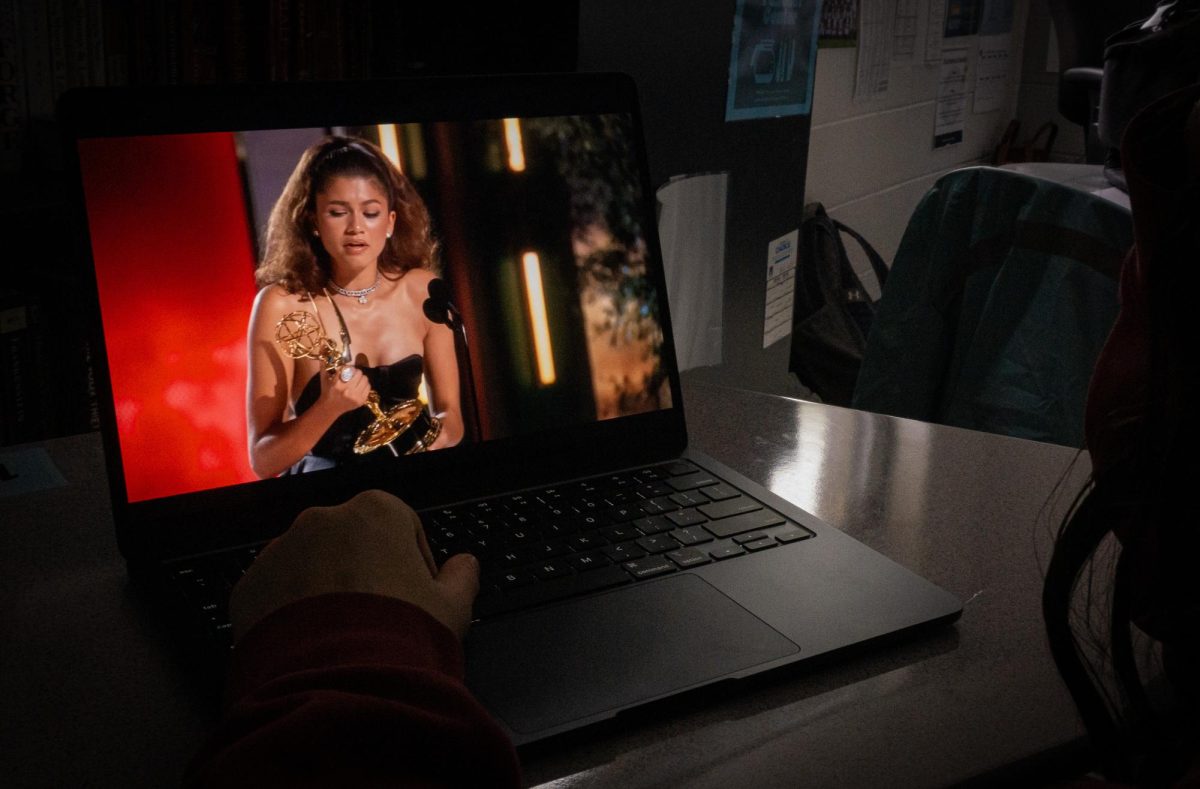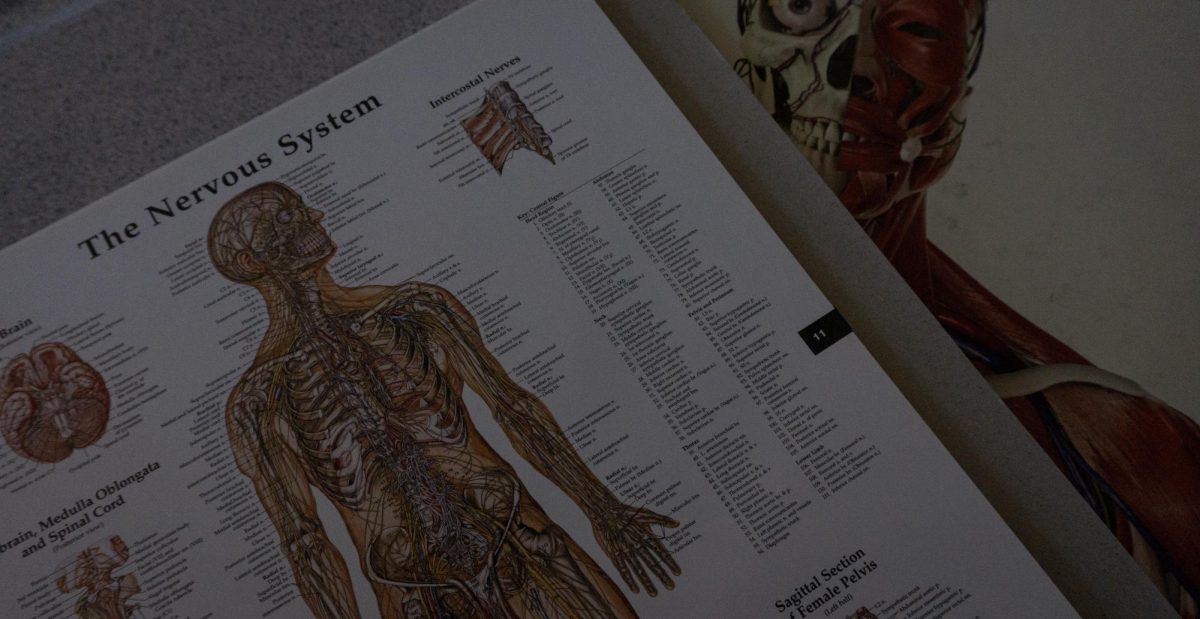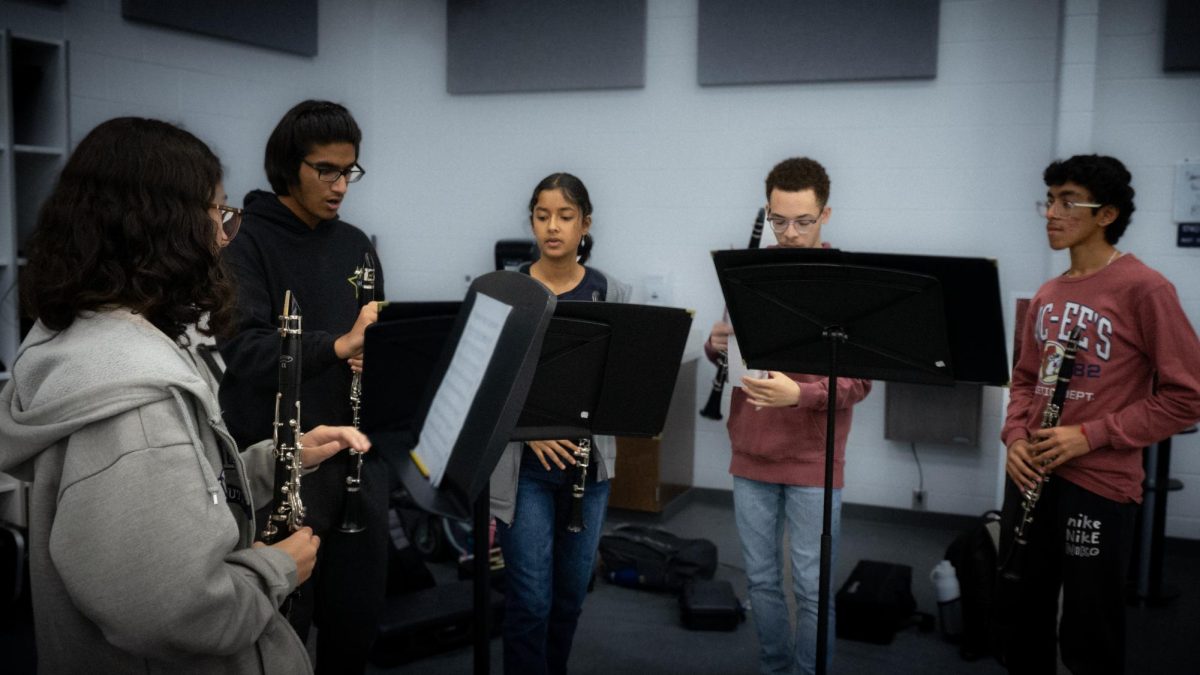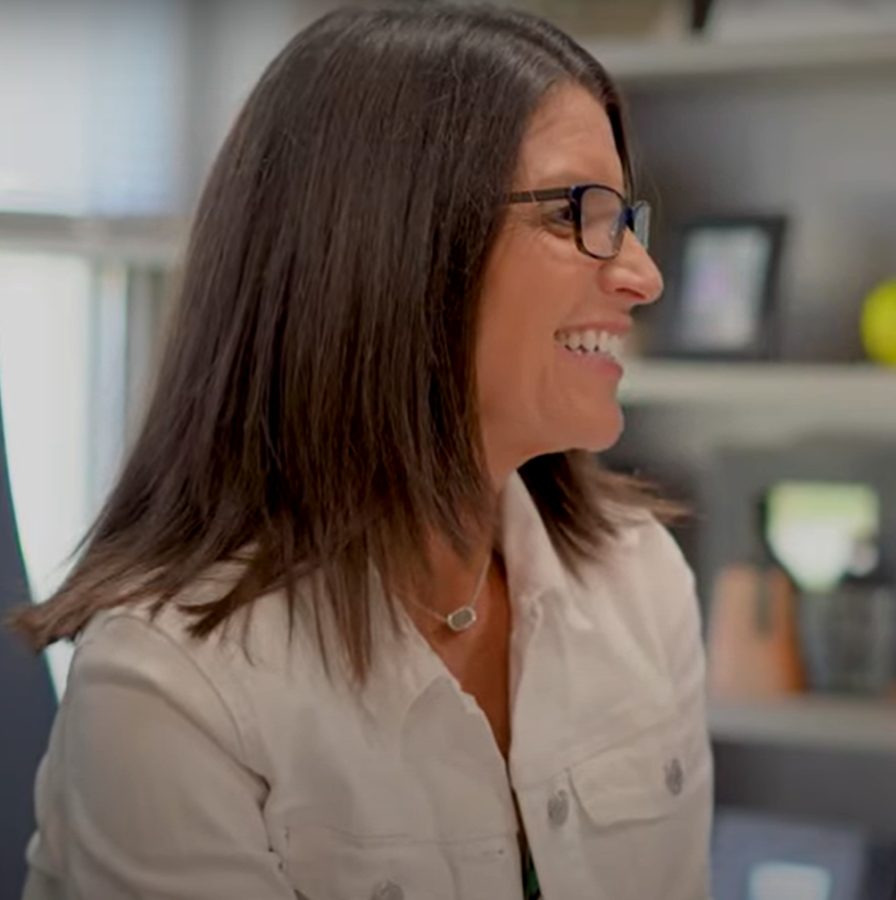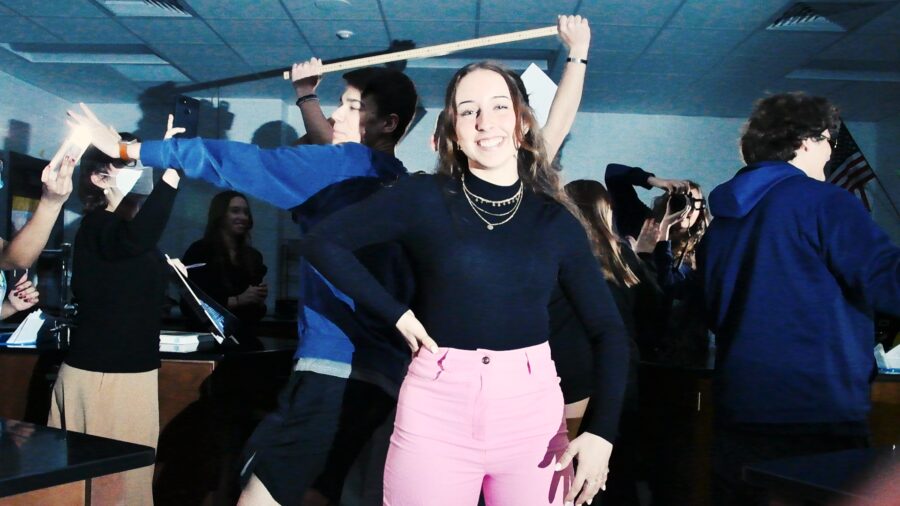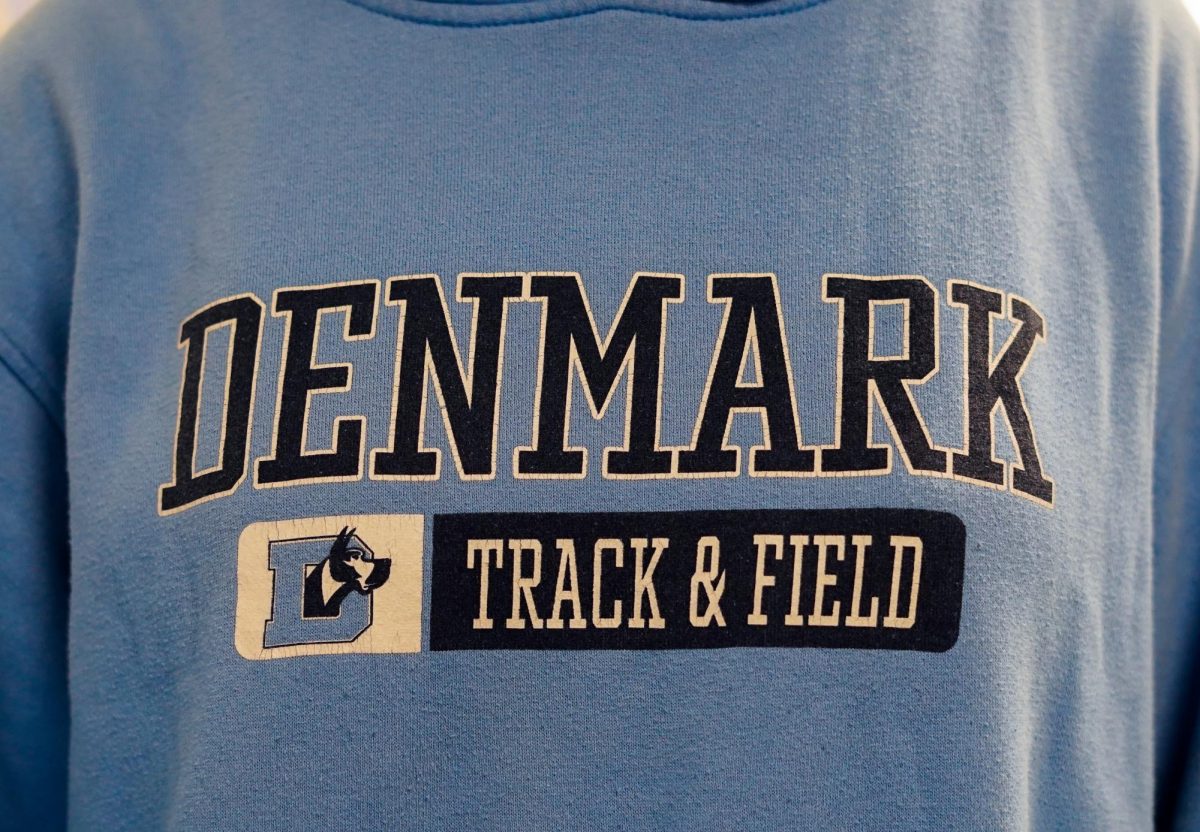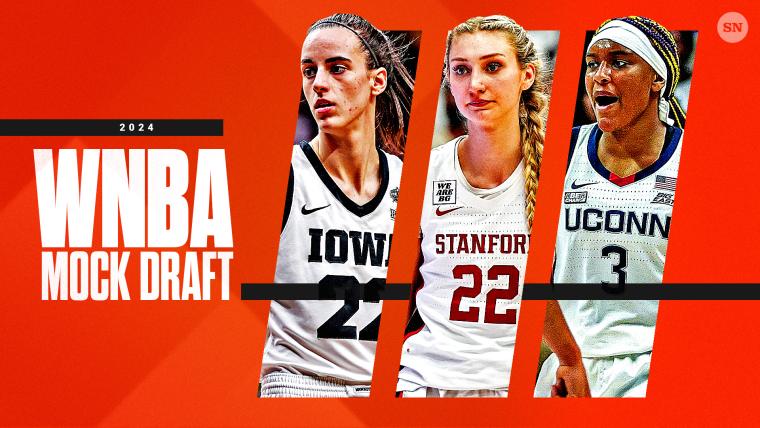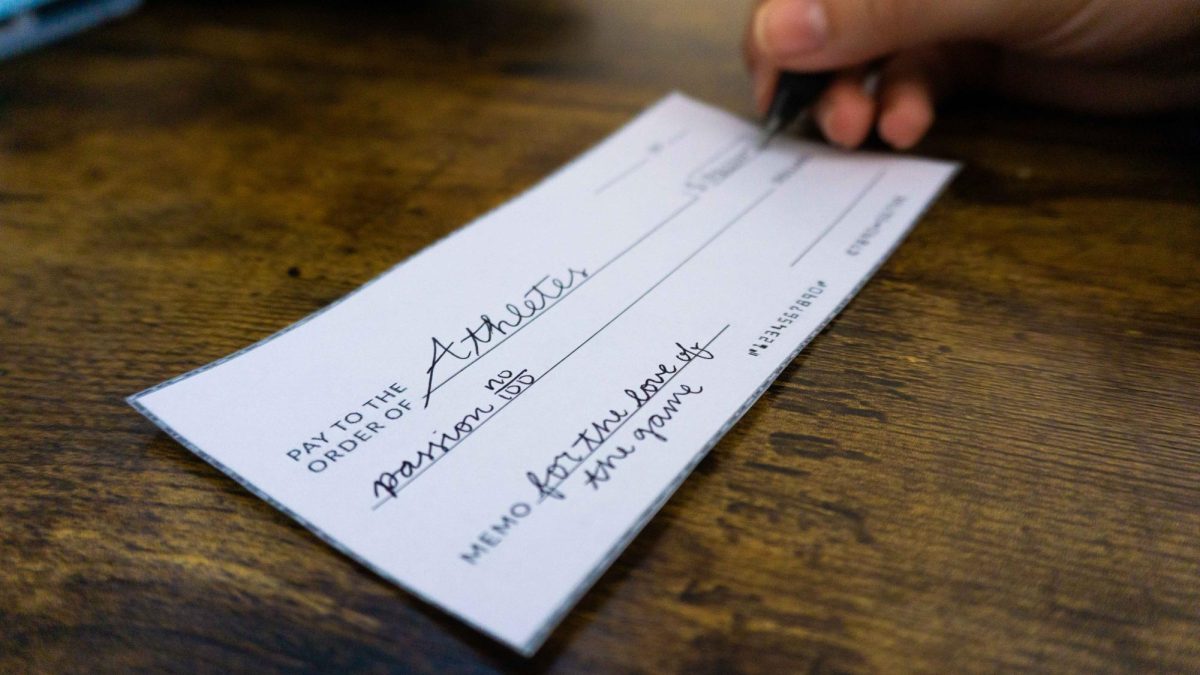It was once said that all publicity is good publicity, but JoJo Siwa’s PR team might want to rethink that notion when it comes to the buzz around the child star’s latest single, “Karma”. Released on April 5, the song has caused quite a stir in the media; influencers on all social media platforms have flocked to the scene to dissect the video, and the feedback is overwhelmingly negative. Users from her own comments section on YouTube have strong opinions to voice. @user-dy6dt2rw3j comments, “I want a full apology with tears and a ukulele,” and @FedericoCastro-wm8cl says, “It’s all very cute, it’s like when 10-year-olds dress up for Halloween and try to scare us.”
Siwa has maintained the statement that her new song marks a transformational shift from her days of being a child star to her new stage of life as an adult, and she declared that “Karma” is the start of a new genre of music called “gay pop.” This remark has sparked intense controversy and garnered Siwa significant mockery, but as she proclaimed in 2016, she won’t let the haters get their way, and she’ll come back like a boomerang.
In an interview with Billboard, the pop star announced that she was the first person to make this dramatic of a change, and to avoid backlash, she clarified that statement by explaining she was the first in her generation. In Siwa’s effort to seem unique and mature, she has clearly become ignorant to the stars who paved the way before her. With that and her gay pop comment, Siwa is two for two on forgetting the legends that built the music industry.
At the very least, Siwa’s melodic voice and original lyrics excuse her “edgy” behavior and redeem “Karma”’s listening experience. Oh wait – that’s wrong? I’ll double check my research…turns out her voice isn’t so melodic, and those lyrics aren’t actually original. The nauseating notes are enveloped in autotune, and Siwa’s voice is barely distinguishable from the digital hum. The lyrics don’t make up for the subpar vocals; they’re shallow, inapplicable, and unoriginal.
Siwa sings that she “was a bad girl” who “did some bad things,” but according to her dance filled, big bowed, neon clothed childhood, that sentiment seems rather insincere. The song feels overused and predictable rather than unique and insightful. Furthermore, the lyrics aren’t even her’s. Artists sing covers of songs all the time, but for a song that’s supposed to mark a transformation into adulthood, you would expect Siwa to come up with something authentic and personal. Brit Smith originally recorded an almost identical version of “Karma” in 2012, but it remained unreleased until the news dropped that Siwa’s song was practically a cover of Smith’s. Is Siwa wrong for releasing “Karma” as her own song? Perhaps not, but it felt misleading to catapult this new era of her career with this not so new song.
JoJo Siwa has insisted that she’s an adult now and is no longer the little girl with the high ponytail, but her actions have yet to convince the public of her maturity. With her Gene Simmons eye makeup and black mesh bodysuit, Siwa seems more like a teenager putting on a mask of what they think adults are like. Denmark Unleashed has a suspicion that Siwa isn’t done yet, and we can’t wait to see what terrors she reveals next.
Sources
“JoJo Siwa Released a Song. Now, Its Original Singer Is Going Viral.” TODAY.com, 16 Apr. 2024, www.today.com/popculture/music/jojo-siwa-karma-controversy-rcna147885.
“JoJo Siwa Says She’s the First to Have a Dramatic Transformation From Her Generation.” Oh No They Didn’t! — LiveJournal, ohnotheydidnt.livejournal.com/128153325.html.


